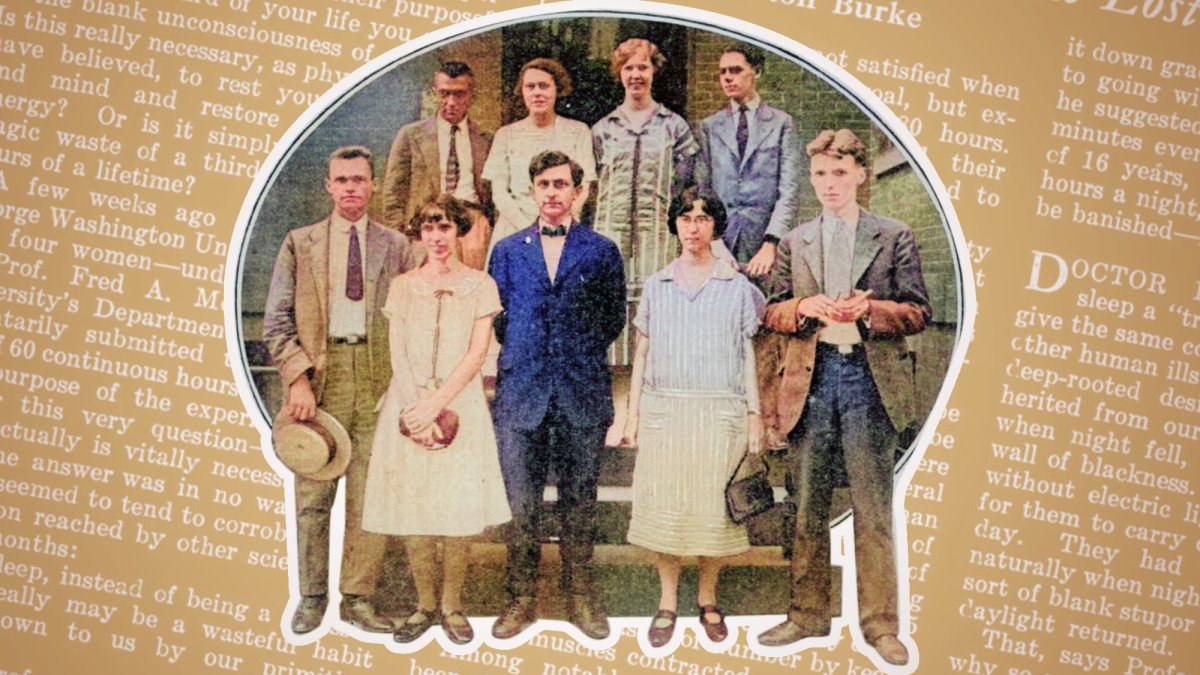
In 1925, seven students went 60 hours without sleep—for science
Bill Gourgey
created: Nov. 1, 2025, 5 p.m. | updated: Nov. 11, 2025, 6:04 p.m.
Originally called the Scholastic Aptitude Test for Medical Students, Moss developed the readiness test as a way to curb high dropout rates in medical schools.
The MCAT paved the way for other standardized admission exams, like the SAT, and the many sleepless nights college-bound students still endure in preparation.
But Moss likely wouldn’t have minded that sleepless legacy: To Moss, a psychology professor at GWU, sleep was a useless habit.
Both too little sleep and too much sleep have been associated with higher risks of disease and early death.
Some studies found that too much sleep has a higher association with poor health outcomes than too little sleep.
1 week, 5 days ago: Popular Science